What Are Soil Microbes?
Microbes, or microorganisms, live within the soil and interact with other components of the soil. Soil microbes consist of a rich diversity of bacteria, viruses, actinomycetes, fungi, algae, and protozoa. None of these microorganisms exist in isolation, although each plays an essential role in decomposing organic matter, cycling nutrients, and fertilizing the soil. Their interactions are more influential to soil fertility than their individual actions.
What Microbes Do
Microbes are the primary drivers in ecological processes such as nutrient and carbon cycling, degradation of contaminants, and suppression of soil-borne diseases. They are intimately involved in a range of beneficial, and sometimes essential, interrelationships with plants. These interrelationships create healthier plants that resist disease and tolerate environmental stress better.
Some microbes are used in bioremediation, breaking down toxins and contaminants like oil and toluene from gas and oil spills. As microbes consume the elements they need from the contaminated matter, they create foods for plants such as nitrogen, carbon, oxygen, hydrogen, phosphorus, potassium, and trace minerals by converting them into forms the plants can use.
Different Types of Microbes
Bacteria are decomposers, converting nutrients into more available forms for plants to use, and are essential in the nitrogen cycle.
Actinomycetes are also decomposers responsible for the characteristic smell of soil.
Fungi are able to break down nutrients that other microbes cannot. Mutualist fungi such as Mycorrhizal help plants colonize roots in exchange for carbon.
Algae promote oxygen by the process of photosynthesis. These microorganisms also help build soil structure and water retention.
Protozoa feed on soil bacteria and therefore play a critical role in maintaining microbial/bacterial equilibrium.
Importance of Microbes
In the past, agricultural practices have failed to promote healthy populations of microorganisms, limiting production yields, threatening sustainability, and depleting our soils of important nutrients. Microbes are directly tied to nutrient cycling, soil structure, and ultimately soil fertility. These vital microorganisms convert organic carbon (from organic materials) into nutrients plants can use. Plants teamed with microbes are better able to defend themselves against pests and diseases such as blight, rust, and root rot. The soil will easily moderate pH and salinity while improving water retention and aeration.
Creating and sustaining optimum biological fertility within our soils is possible by giving our soils what they need to regenerate their microbiome. This starts by returning microbes to the soil and giving those microbes what they need to survive and colonize, helping to regenerate the soil. Most microbes feed on organic carbon found in organic materials such as leaves, manure, woodchips, lawn clippings, etc.
Where Microbes Create Benefits
Soil fertility is its capacity to enrich plants. Soil fertility is composed of three interacting components. These components are physical fertility, chemical fertility, and biological fertility.
Physical fertility refers to the texture and structure of the soil, as well as water absorption and holding capacity.
Chemical fertility refers to the nutrient levels and chemical conditions: acidity, alkalinity, and salinity.
Biological fertility refers to the microorganisms that live within the soil, who interact with the other components. This community of microorganisms (microbes) that live within the soil is otherwise known as the soil microbiome.
Soil that is lacking biological fertility but has optimum physical and chemical fertility will produce, however, the result is a weaker and less productive plant that is more prone to disease and environmental stress.
Help Your Plants Thrive
Be part of a regenerative movement that cares about the health of our soil, plants, and the environment. We recommend amending your soil with worm castings, homemade organic compost, and Wind River Microbes.
Wind River microbes are proudly made and distributed in the USA. These microbes are sourced from plants, soils, and animals. Utilizing only beneficial types of microorganisms from 100% natural sources, Wind River Microbes offers products that are safe for all types of plants, pets, livestock, and humans.
BioSoil includes 82 species of beneficial microbes, including bacteria, archaea, and fungi that plants must have for full health. Designed for woody structured plants to help make the nutrients bioavailable within the soils while defending against pests and disease.
SoilCare includes 74 species of beneficial microbes, including bacteria, archaea, and fungi that plants must have for full health. Designed for general biomass increase in plants, SoilCare is an excellent product for hydroponics or soils in all horticultural environments.
Wait! Pets, Livestock, and Humans!
Although Wind River microbes are not harmful to humans, they are not sold for human consumption. However, they do have two formulations for pets and livestock.
Just like soil, humans and animals need beneficial microorganisms to help break down organic matter into bioavailable forms of nutrients that our bodies can use. The body’s ability to properly break down and use nutrients is essential to optimum health. Without proper nutrient intake, cells are unable to function properly nor defend themselves, resulting in disease.
Wind River REBOOT formula is specifically designed to promote growth and inhibit pathogens such as Rhodococcus, Streptococcus, Salmonella, and E. Coli. The beneficial microbes starve these pathogens by consuming their food source. Growth is promoted by proper feed and water consumption encouraged by balancing the microorganisms in the digestive and gastrointestinal tracts. REBOOT prevents ulcers, reverses acidosis, and relieves colic/bloat.
Wind River Balancer2 formula acts much the same as REBOOT but is designed as a general all-purpose probiotic/prebiotic. This formula is great for maintenance and is designed for use in drenching livestock or adding to watering systems.
These microbes encourage and restore health by balancing the microbiome, allowing proper nutrient uptake, promoting growth and disease resistance on a cellular level. This is a building block in the foundation of health, for our soils, our plants, our livestock, and ourselves.
Other Products
There are a large number of Microbe products available including, Great White, Voodoo Juice, and Root Wizard just to name a few. However and whatever you are growing, don’t forget microbes and keep that crop healthy!
Join us in restoring the health of our planet and its inhabitants!

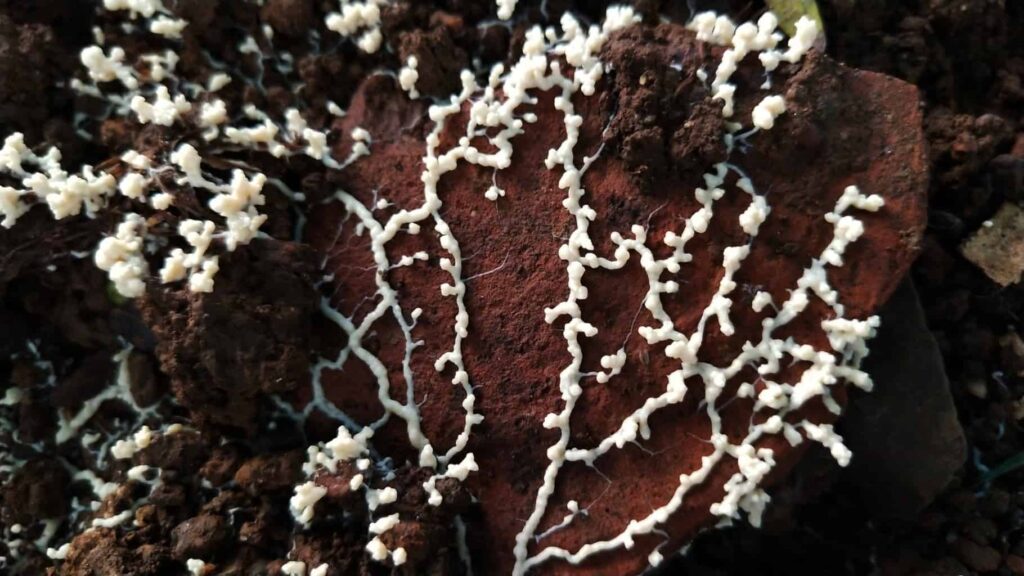
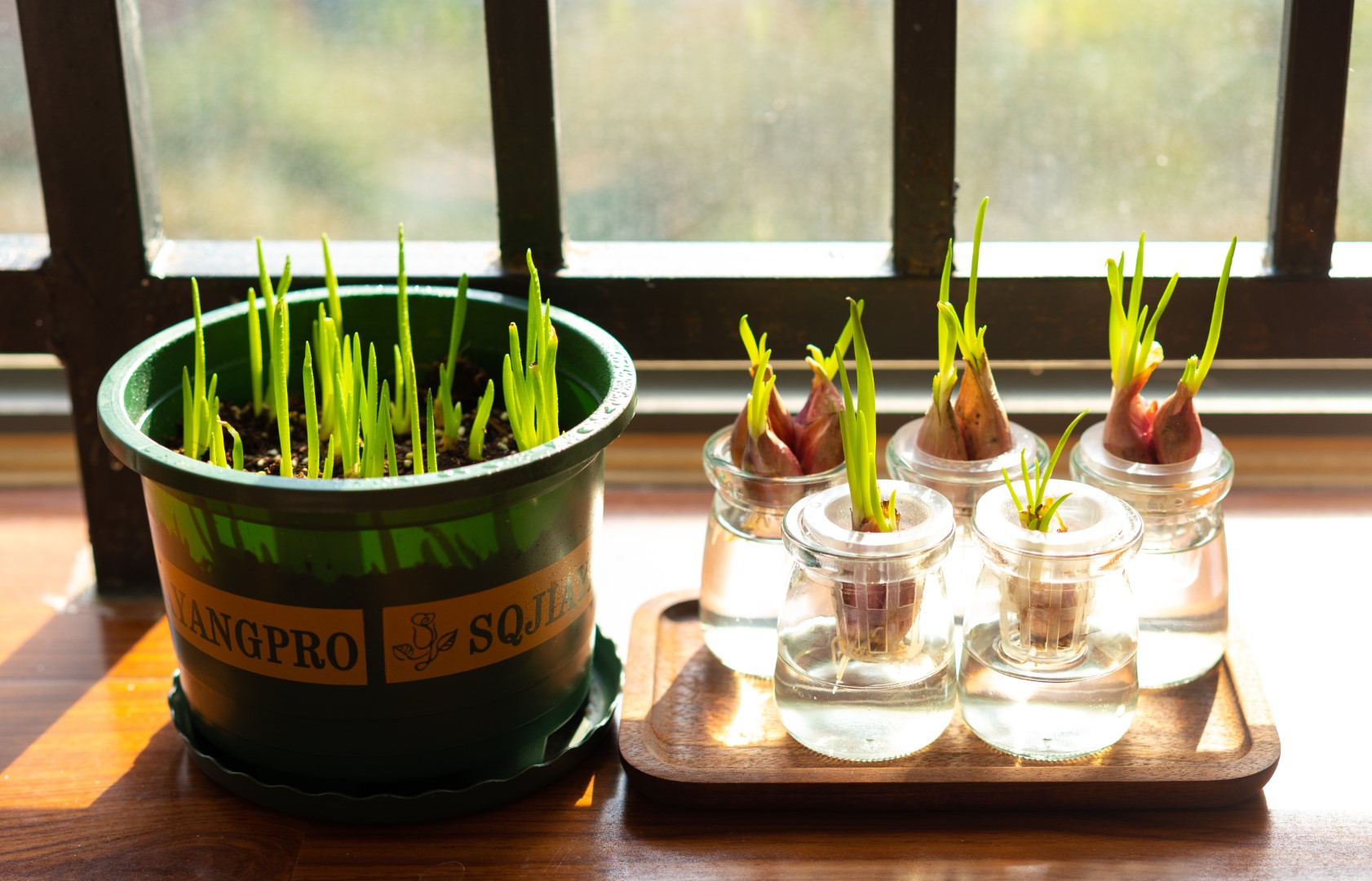
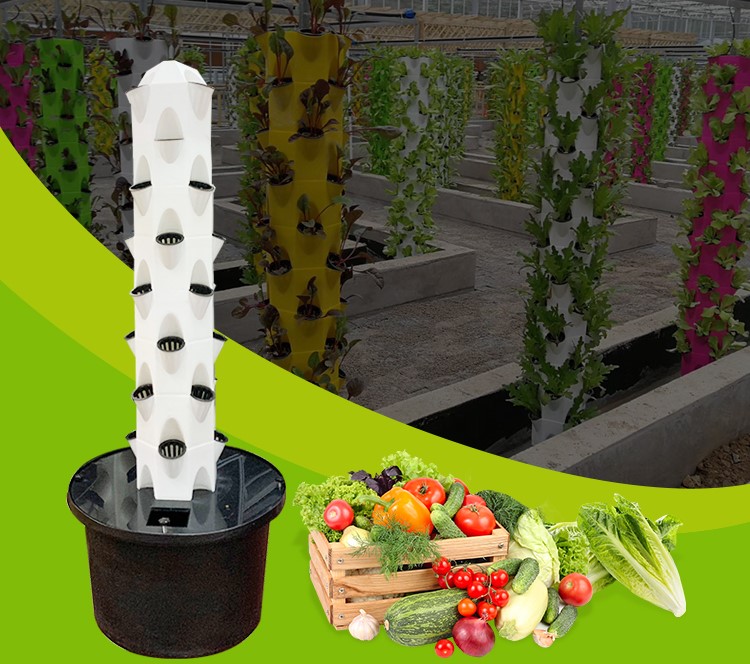
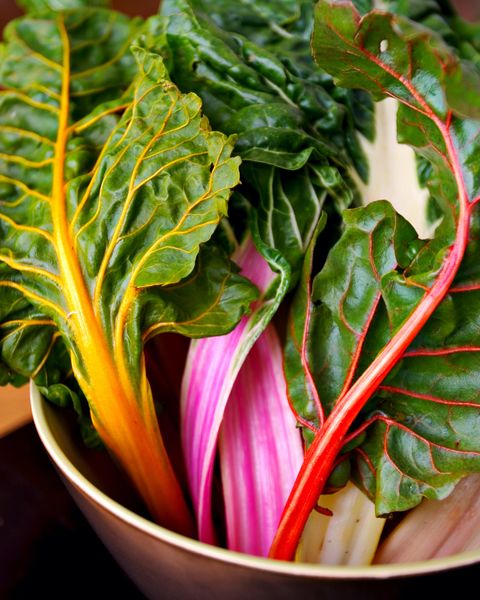

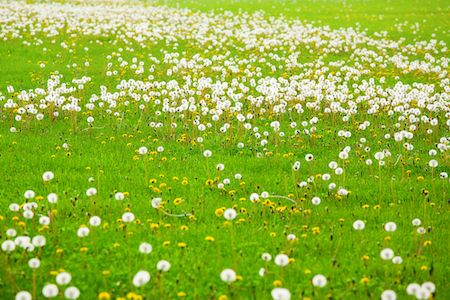

One Response
Itís hard to find experienced people about this subject, however, you sound like you know what youíre talking about! Thanks